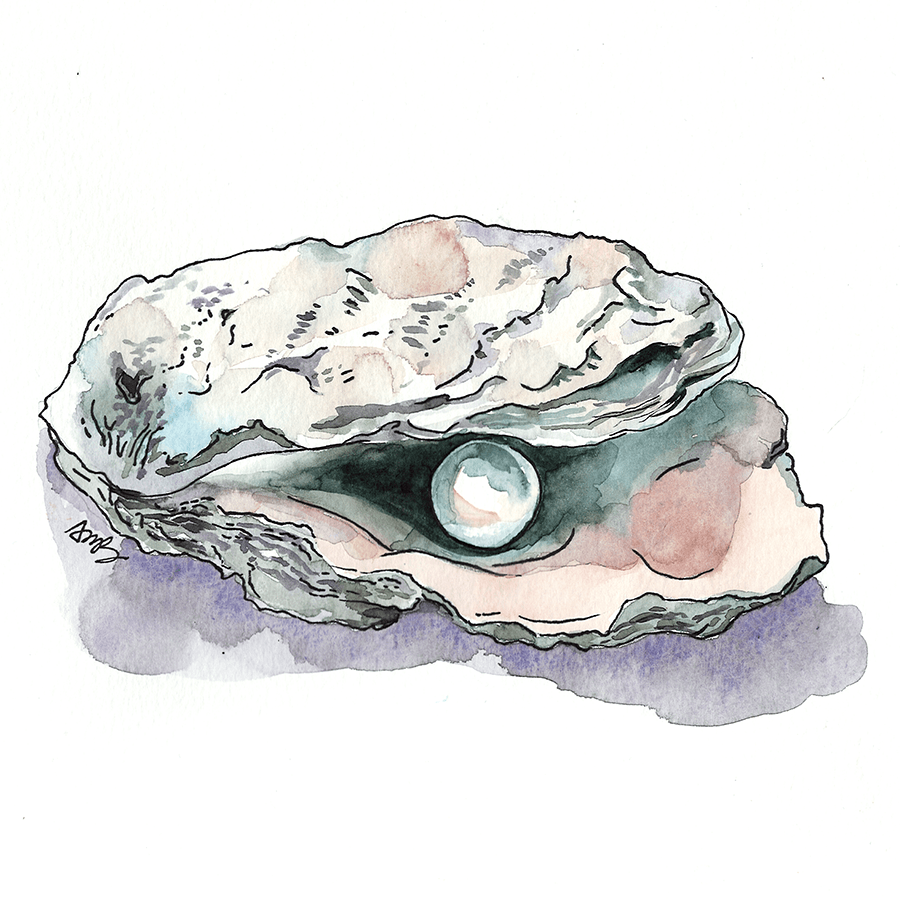Discussion Questions for Angela Duckworth: Finding the Margins

Listen to Kate’s conversation with Angela Duckworth, here.
1. Angela Duckworth is a researcher, professor, and founder of the Character Lab. She’s also author of the New York Times bestselling book, Grit. She defines grit as passion (being singularly obsessed) plus perseverance (always trying to improve). By this definition, do you think you have the marks of grit? Why or why not?
2. Angela has created a grit scale you can take online, although she admits that many people already have a gut sense of their grit level. Two signs that there’s room to grow in grit are (1) if you feel like your work isn’t imbued with purpose or (2) if you give up easy when things gets hard. Do either of these signs describe you? Where does your gut say you need to grow in grit?
3. Some grit is self-determined (like the friend who takes on the motto “Treadmill or die”), while other grit is born of trauma (like Kate getting stage four cancer at age 35.) How did you learn grit? Who did you learn it from? Who supports you now when hard things happen?
4. Both Kate and Angela warn against calculating someone else’s grit by the amount of adversity they’ve faced. Have you ever experienced this “false math?” What’s so dangerous about it?
5. “So, how does someone find their calling?” Kate wonders. Angela offers two things people point to when identifying theirs: (1) it serves a broader purpose and (2) it’s intrinsically enjoyable and interesting. Do you use the word calling to describe an aspect of your work? If not, how do you think about your work instead?
6. Some think the word calling is “a luxury good.” Not everyone’s life work is something they would have chosen, like Kate’s friend who mothers a child with autism or Angela’s acquaintance who runs a corner store bodega. In these instances, Angela’s mother would say, “”Be as creative as possible within your work.” Is there an aspect of your life’s work that you wouldn’t have chosen for yourself? What could you do or have you done within the constrains of that role to make it more enjoyable, interesting, or meaningful?
7. When teaching grit to kids, Angela thinks the most important thing is to decrease the pressure we put on them to find their purpose and focus on giving them more experiences on which to reflect. Do you agree? What do you think the most important thing is when teaching kids grit?
8. Angela came up with something called “the hard thing rule” for her family, by which both kids and adults have to take-up a daily practice with the goal of improving, without the option of quitting in the middle, and with nobody but themselves responsible for the choosing. If you were to take up the hard thing rule for yourself, what one or two hard things would you sample?
9. Half of the emails Angela receives are from people who love the idea of grit, while the other half is from those who are critical. The latter wonder if talking about the idea of individual achievements belittles structural problems, like racism, poverty, and inequality. What do you think? Do you embrace or resist the idea of the grit?
10. “Maybe [life] is about being great at the things you care about and shaking off the rest,” Kate says at the end of this episode. If that’s true, what’s one thing you care enough about to do 1% better tomorrow? Likewise, what’s one thing you don’t care enough about that you can shake off tomorrow?
Bonus: After listening to this week’s podcast, what part of Kate and Angela’s conversation resonated with you most? What insight will you carry with you?
Discussion Questions written by author, editor, and facilitator Erin S. Lane.
Subscribe to Everything Happens wherever you listen to podcasts.


